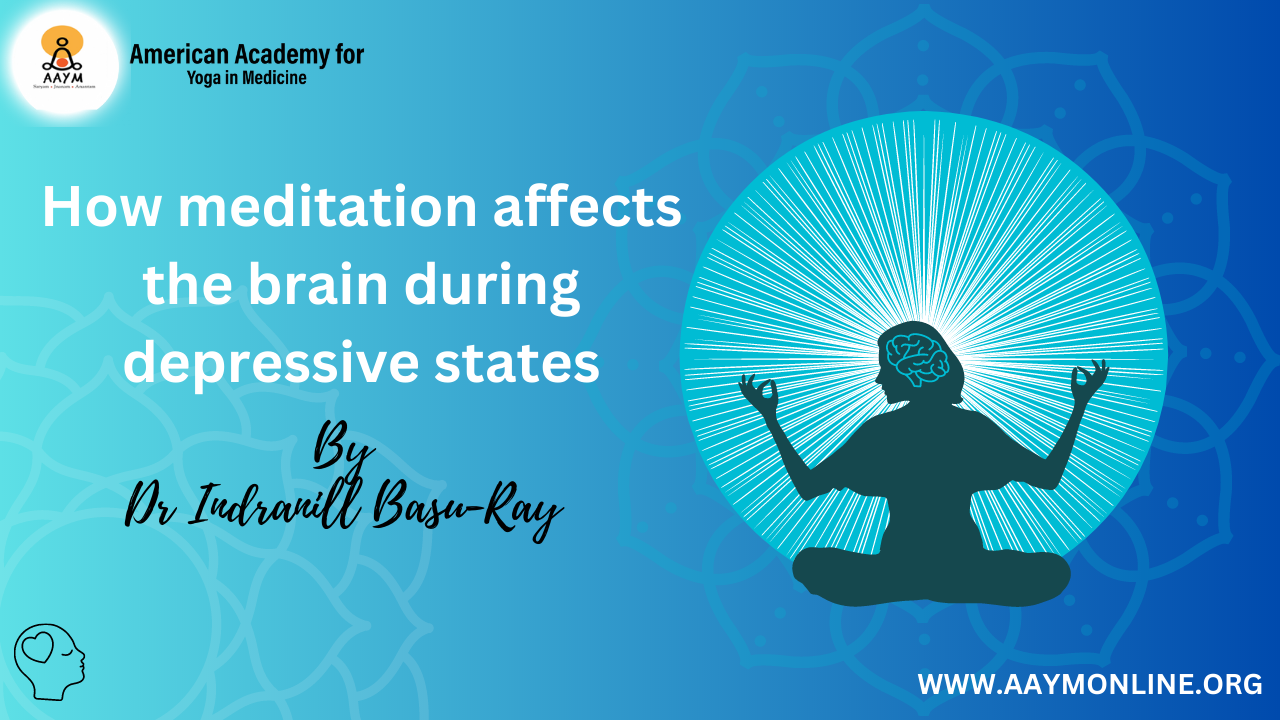
How meditation affects the brain during depressive states ?
In recent years there has been a substantial amount of research in the field of yoga therapy, including different forms of meditation as part of the practice. Major amount of work is focused on yoga as a whole, but there are independent articles on the effects of meditation and mindfulness. Research over the past few decades has revealed various beneficial effects of meditation on well-being, cognition, emotion, and social behavior. It is also found that positive effects of meditation at the individual level also spread to the community and improve the well-being of society.
It is known that our thoughts have certain effects on the body through various pathways. So with meditation, it is possible to create a positive response and long-term health effects.
The latest study on Mindfulness meditation that measured neural connectivity and concurrent psychological processes across experimentally induced states of rest, mindfulness practice, and rumination showed that Mindfulness-Based Cognitive Therapy intervention can modulate neurocognitive functioning during depressive rumination and the ability to sustain attention to the body.
A study by Jessica et al. in 2023 hypothesized three potential neurovascular pathways driving the benefits of mindfulness meditation: (1) a direct neurovascular mechanism via increased resting-state cerebral blood flow; (2) an indirect anti-neuroinflammatory mechanism via increased functional connectivity within the default mode network, and (3) a top-down control mechanism that likely reflects both a direct and an indirect neurovascular pathway.
References:
